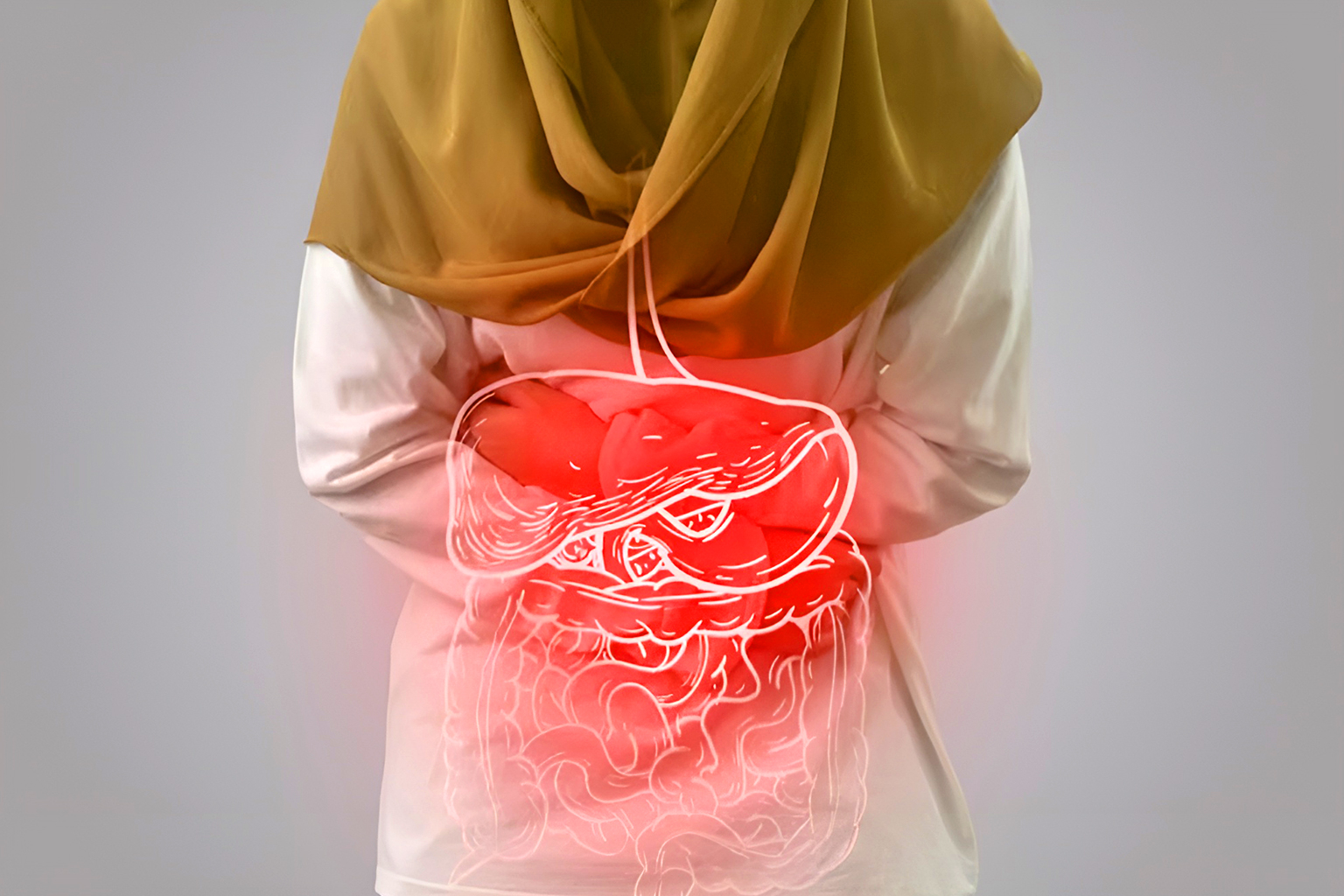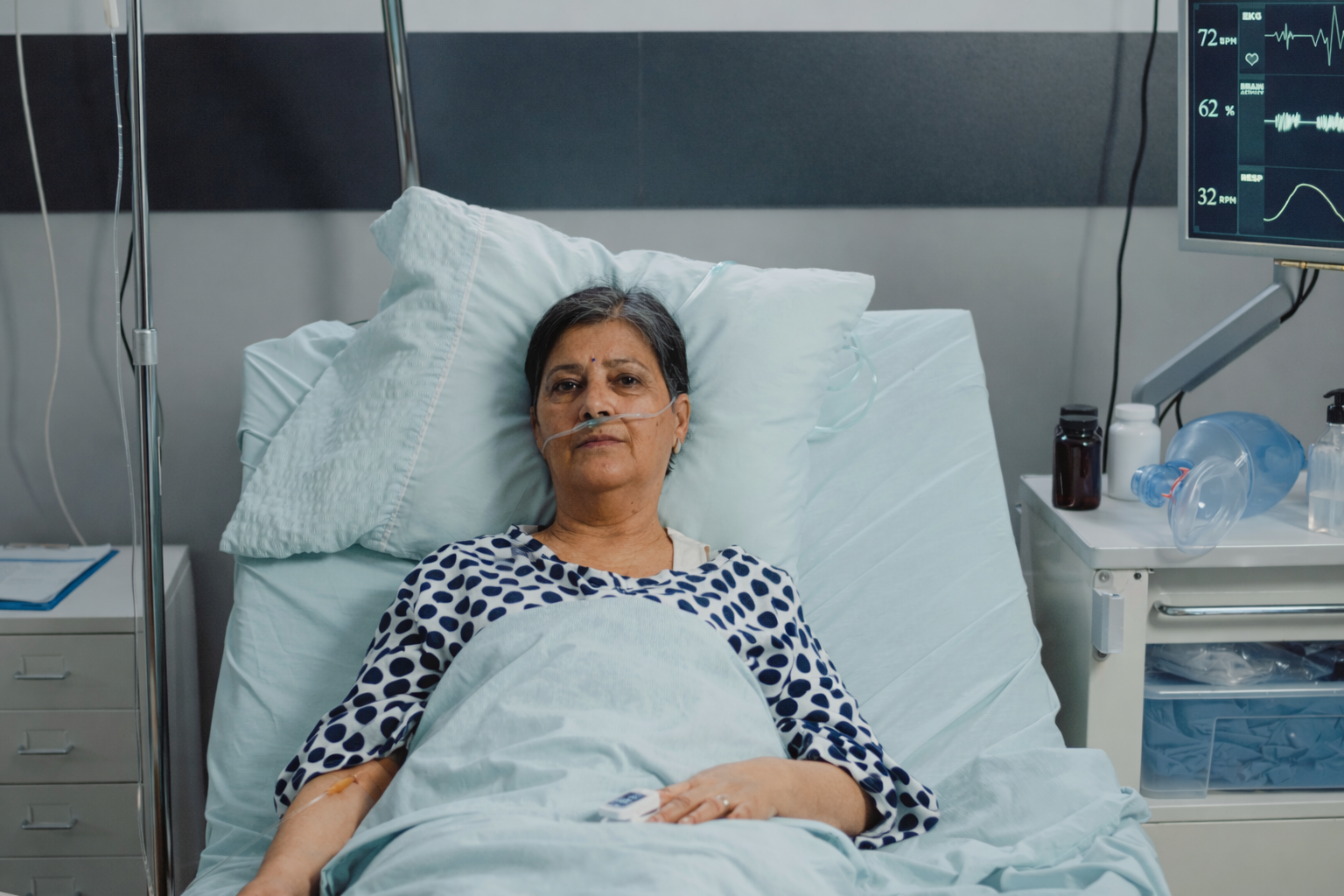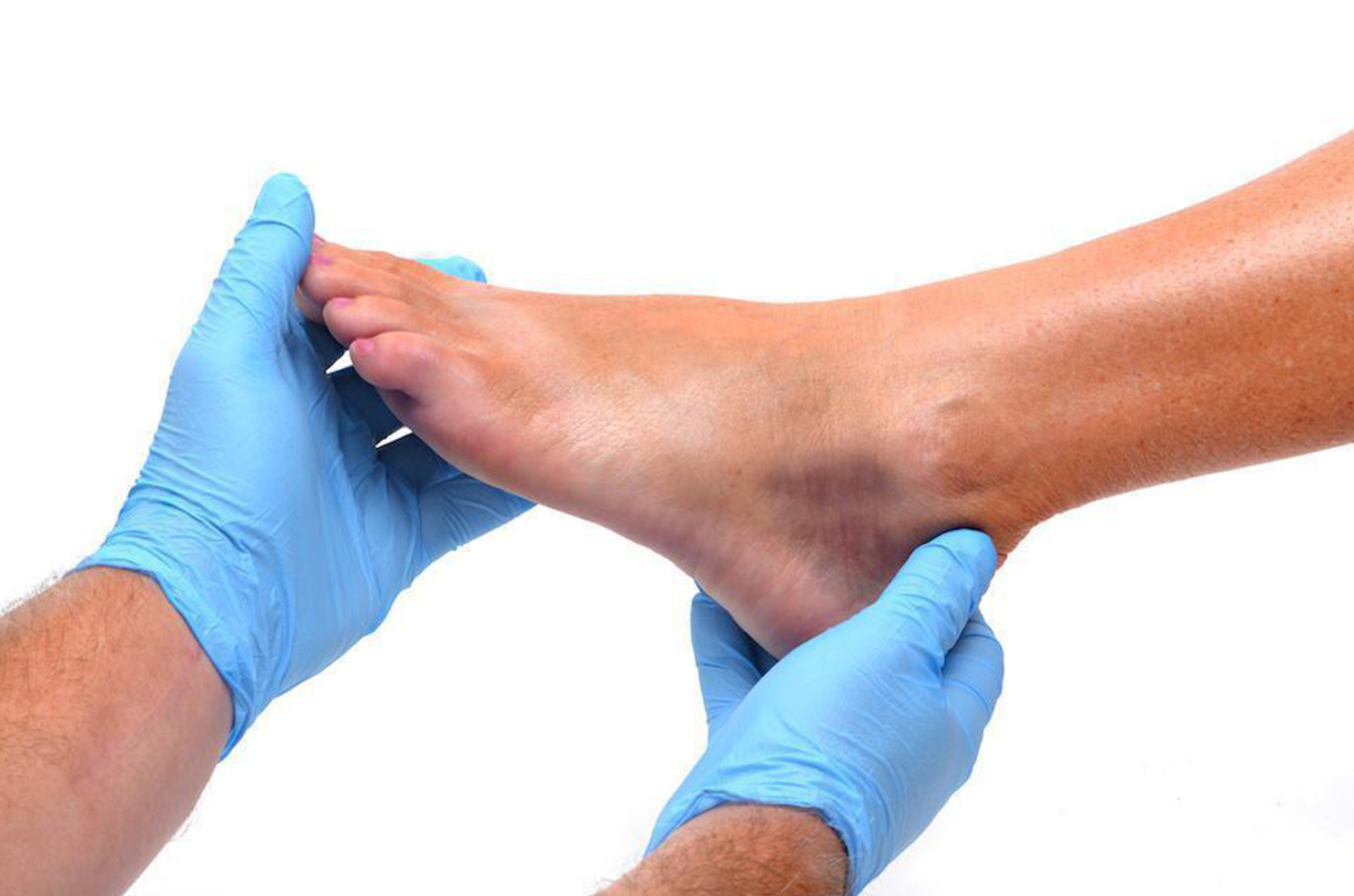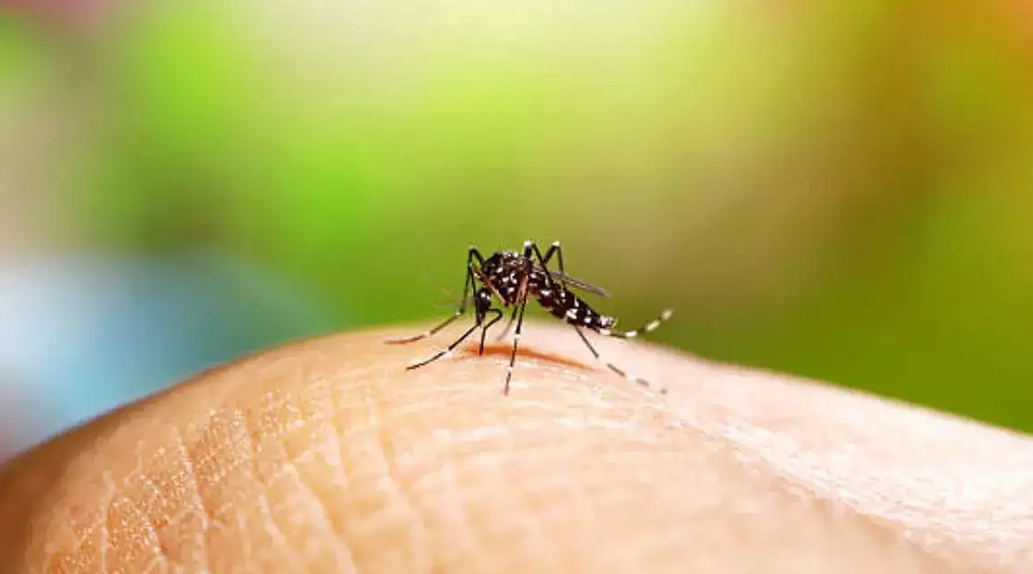Dengue is one of the most common mosquito-borne viral infections affecting millions of people every year. With increasing cases during monsoon seasons, patients and families often wonder: “Is Dengue a communicable disease?” Understanding how dengue spreads, its symptoms, treatments, and prevention methods is crucial for public health.
This blog by Tulips Multispeciality Hospital provides a clear explanation in simple words to spread patient awareness about dengue, its risks, and ways to stay safe.
What is Dengue?
Dengue is a viral infection caused by the dengue virus (DENV), which is transmitted to humans through the bite of infected Aedes aegypti and Aedes albopictus mosquitoes. Learn more about dengue from dengue.com and knowdengue. my
- Belongs to the Flavivirus family
- Common in tropical and subtropical regions, including India
- Caused by four different virus strains: DENV-1, DENV-2, DENV-3, and DENV-4
Did You Know?
According to the World Health Organization (WHO), dengue cases have increased 8-fold in the past two decades.
Is Dengue a Communicable Disease?
Dengue is not directly communicable from one person to another. Unlike illnesses such as the common cold, flu, or COVID-19, it does not spread through coughing, touching, or sharing food. The infection occurs only when an Aedes mosquito carrying the virus bites a healthy person, making the mosquito the sole carrier of transmission. For more insights, visit healthpad.net
How Dengue Actually Spreads
Dengue does not pass directly from one person to another. Instead, it spreads through the mosquito bite of an infected Aedes mosquito.
- When a mosquito bites a person already infected with the dengue virus, it picks up the virus.
- The virus multiplies inside the mosquito over several days.
- When the same mosquito bites bites a person who is healthy, it transmits the virus into their bloodstream.
- Only female Aedes mosquitoes, such as Aedes aegypti and Aedes albopictus mosquitoes are responsible for spreading dengue.
👉 This means the mosquito acts as the bridge between an infected person and a healthy person.
You can track mosquito activity and dengue forecasts using mosquito-forecast.org and
foxweather.com
Communicable and Non-Communicable Diseases Differences
Category | Definition | Examples | Mode of Transmission |
Communicable Diseases | Illnesses that can spread directly from one person to another | Flu, Tuberculosis, Measles | Coughing, sneezing, physical contact, and sharing personal items |
Non-Communicable Diseases (NCDs) | Illnesses that cannot be transmitted between people | Diabetes, Hypertension, Cancer | Related to genetics, lifestyle, or environmental factors |
Vector-Borne Diseases | Diseases transmitted through carriers like mosquitoes | Dengue, Malaria, Chikungunya | Bite of an infected mosquito; not person-to-person |
Learn more about disease categories at worldsaid.com and innovareacademics.in
Symptoms and Causes of Dengue Fever
What Are the Symptoms of Dengue Fever?
Most dengue infections are mild and may not cause noticeable symptoms. However, if symptoms do appear, they usually include a sudden high fever (up to 104°F / 40°C), along with:
- Rash
- Intense pain behind the eyes
- Nausea or vomiting
- Muscle, bone, and joint pain
Read similar health updates on Yahoo.com and latinpost.com
Symptoms of dengue fever typically appear 4 to 10 days after a mosquito bite and can last 3 to 7 days. While most cases are mild, about 1 in 20 people with dengue may develop severe dengue as the initial symptoms start to fade.
Severe Dengue (Dengue Hemorrhagic Fever)
Severe dengue is a life-threatening complication of dengue fever. Warning signs often appear 24 to 48 hours after the fever subsides. This condition requires immediate medical attention, as it can be fatal if untreated.
Warning signs of severe dengue include:
- Severe abdominal pain
- Frequent vomiting
- Vomiting blood or blood in stool
- Nosebleeds or bleeding gums
- Extreme tiredness, restlessness, or irritability
If you experience any of these symptoms in a dengue-prone area, visit the nearest emergency room immediately.
Find treatment tips on truemeds.in hydromedicalbali.com and beyeu.com
What Causes Dengue Fever?
Dengue fever is caused by one of four types of the dengue virus. When a mosquito carrying the virus bites a person, the virus enters the bloodstream and multiplies. Both the virus and the body’s immune response contribute to the symptoms of dengue.
For verified medical explanations, see doc2us.comrestoredcdc.org, and passporthealthglobal.com
In severe cases, the virus can damage blood components responsible for clotting and the structure of blood vessels. Combined with chemicals released by the immune system, this can lead to internal bleeding, which is characteristic of severe dengue.
How Does Dengue Fever Spread?
Dengue is a vector-borne infectious disease spread by infected mosquitoes, Aedes mosquitoes, the same type that can carry Zika and chikungunya viruses.
Stay informed via mvcac.org and rumorscanner.com
The process is as follows:
- A mosquito bites a person already infected with the virus.
- The virus multiplies inside the mosquito.
- The infected mosquito then bites a healthy person, transmitting the virus into their bloodstream.
This makes mosquito control and prevention critical to reducing dengue cases.
Why Dengue Cases Rise During Monsoons
- standing water in open containers, drains, and rooftops provides ideal mosquito breeding grounds.
- Increased humidity supports mosquito survival and longevity.
- Poor waste disposal and open garbage piles contribute to higher mosquito populations.
Read environmental reports on eco-generation.org and thepiratescove.us
Who is Most at Risk?
- Children and elderly individuals with weak immunity
- Pregnant women (low birth weight risk for newborns)
- People with pre-existing health conditions (e.g., diabetes, heart disease)
- Residents of urban areas with poor sanitation
Find global health alerts at smartraveller.gov.au and sums.ac.ir
Diagnosis and Tests
How is Dengue Fever Diagnosed?
Dengue fever is diagnosed through a blood test. Your healthcare provider will draw a blood sample from a vein and send it to a laboratory to detect the presence of the dengue virus. Blood tests can also help determine which of the four dengue virus types you have and rule out other viruses that may cause similar symptoms. Early and accurate diagnosis is crucial for proper management and preventing severe complications from glarity.app and worddisk.com
Management and Treatment
How is Dengue Fever Treated?
Currently, there is no specific medicine to cure dengue fever. Treatment focuses on managing symptoms and preventing complications. Healthcare providers may guide you on when to seek emergency care, especially if warning signs of severe dengue appear. Refer to trusted medical platforms like greatnews. ro and whiteplainscnr.com for updates.
How to Manage Dengue Symptoms
The following steps can help relieve symptoms and support recovery:
- Stay hydrated: Drink plenty of water, oral rehydration solutions, or clear fluids.
- Rest: Give your body enough rest to fight the infection.
- Pain and fever management: Use acetaminophen (paracetamol/Tylenol®) to relieve pain or reduce fever.
- Avoid certain medications: Do not take ibuprofen (Advil®) or aspirin, as they can increase the risk of internal bleeding, a serious complication of dengue.
Following these guidelines and monitoring your health closely can help ensure a safe recovery from dengue fever.
How to Prevent Dengue
Mosquito Control Measures
- Remove standing water from coolers, buckets, flowerpots, and rooftops.
- Use mosquito repellents, coils, and mosquito netting.
- Install window screens to block mosquito entry.
Personal Protection
- Wear full-sleeved clothes, especially during mornings and evenings.
- Use mosquito repellent creams and sprays.
- Sleep under mosquito netting if living in high-risk areas.
Community-Level Actions
- Regular fogging and spraying by municipal authorities.
- Public awareness campaigns by hospitals and health departments.
- Community cleanup drives to reduce breeding spots.
Role of Hospitals in Managing Dengue
At Tulips Multispeciality Hospital, we ensure:
- Accurate diagnosis with blood tests (NS1 antigen, IgM, IgG)
- 24/7 emergency care for severe dengue cases
- Expert doctors in infectious diseases and internal medicine
- Preventive health awareness programs for the community
Read more on jazindia.com for public health initiatives.
Did You Know
In 2023, India reported more than 2 lakh dengue cases across different states.In 2023, India reported more than 2 lakh dengue cases across different states.
Conclusion
Dengue is a vector-borne communicable disease, but it does not spread directly from one person to another. With rising cases every year, awareness is the key to prevention.
At Tulips Multispeciality Hospital, we are committed to patient care, early diagnosis, and community health programs to fight dengue. Remember: Prevention is always better than a cure. For verified info and statistics, visit worldsaid.com
FAQs
1. Is dengue a communicable disease?
Dengue is not directly communicable between humans. It spreads through mosquito bites.
2. Can I catch dengue from being near a dengue patient?
No, dengue does not spread through air, touch, or the sharing of food. Only mosquitoes transmit it.
3. How long does dengue fever last?
A: Mild dengue lasts 2–7 days, but recovery may take 1–2 weeks. Severe dengue needs hospitalization.

















